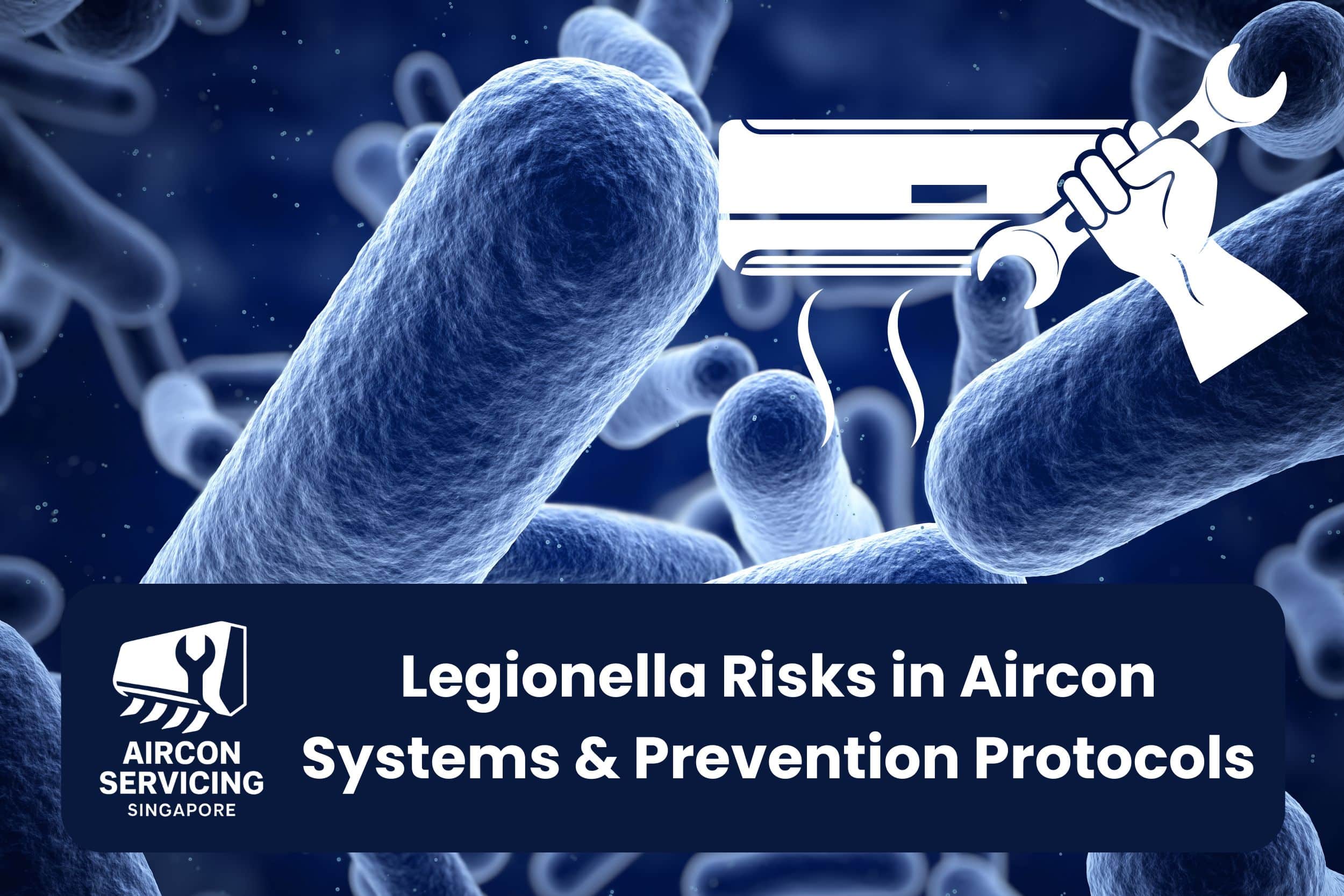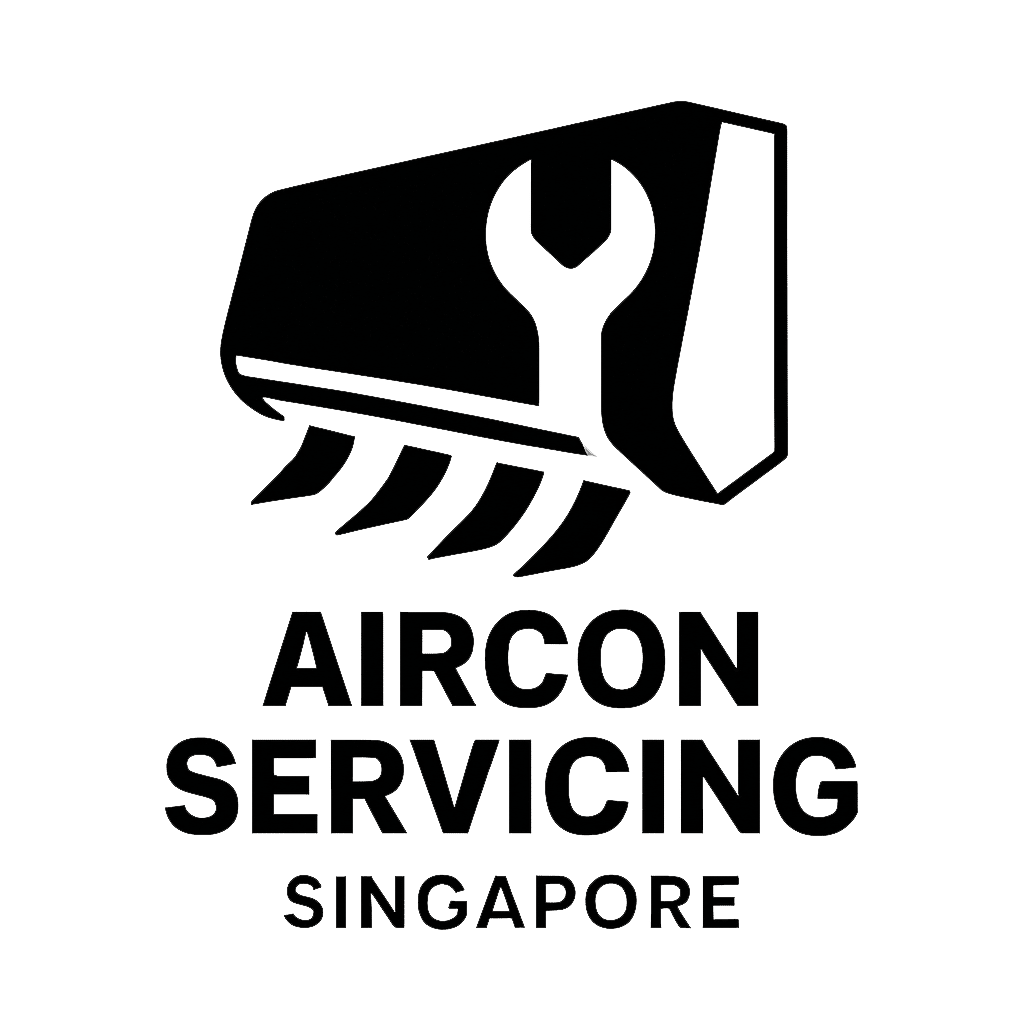
Air conditioning is a modern essential in tropical climates like Singapore, but what many people don’t realise is that poorly maintained systems can become a breeding ground for dangerous bacteria—specifically, Legionella. This harmful microbe can cause Legionnaires’ disease, a severe form of pneumonia that can be fatal in vulnerable individuals.
As Aircon Servicing Singapore, our mission is to keep your cooling systems clean, safe, and efficient. In this guide, we’ll break down:
- How Legionella forms in aircon systems
- Why stagnant water is the root cause
- Disinfection steps and cleaning intervals
- And how professional Aircon Servicing can protect your health and property
Let’s explore how to prevent this invisible threat from compromising your comfort and safety.
What is Legionella and Why Is It Dangerous?
Legionella pneumophila is a waterborne bacterium that thrives in warm, stagnant water. When aerosolised—through mist, steam, or water droplets—it can be inhaled into the lungs, where it causes Legionnaires’ disease.
Symptoms of Legionnaires’ Disease:
- High fever
- Chills
- Cough and shortness of breath
- Muscle aches and headaches
While healthy individuals may recover, elderly people, smokers, or those with weak immune systems are at higher risk of severe illness or death.
How Aircon Systems Become Breeding Grounds for Legionella
In most cases, Legionella contamination in air conditioning systems is due to stagnant water accumulating in hidden or poorly maintained areas. Some of the most common culprits include:
- Condensate drain pans: If not emptied or cleaned regularly, water collects and stagnates.
- Cooling towers: Often part of large commercial HVAC systems, these are prime environments for bacterial growth.
- Evaporative condensers and humidifiers: Also at risk if not disinfected routinely.
- Pipes and ducts with trapped moisture and low flow.
Once the bacteria multiply, any airflow from the unit can potentially spread contaminated droplets into indoor environments.
The Role of Stagnation and Poor Maintenance
Water stagnation is the number one factor contributing to Legionella proliferation. Aircon systems left idle—during off seasons, long vacations, or in underused commercial buildings—are particularly vulnerable.
When combined with poor ventilation and warm temperatures (common in Singapore), the risk increases dramatically. That’s why Aircon Servicing Singapore recommends a strict maintenance schedule tailored to both residential and commercial units.
Recommended Disinfection Steps & Intervals
Preventing Legionella contamination isn’t a one-time fix—it requires consistent aircon servicing, cleaning, and system checks. Here’s how to do it right:
1. Routine Drain Pan and Filter Cleaning
- Clean drip trays and drain lines monthly to prevent water accumulation.
- Replace or clean air filters every 1–2 months depending on usage.
2. Descale and Disinfect Coils
- Use biocide sprays to eliminate microbial growth on evaporator coils.
- Schedule this step every 3–6 months for residential, and monthly for commercial systems.
3. Flush and Sterilise Water Sources
- Flush cooling towers or any water storage tanks quarterly.
- Use chlorine or approved disinfectants to kill bacteria.
4. System Shutdown Protocols
- Before restarting a system that has been unused for over a week, clean and disinfect all affected components.
5. Annual Comprehensive Inspection
- Engage licensed aircon specialists (like Aircon Servicing Singapore) to conduct full system checks annually.
- Includes testing water samples, internal sanitisation, and pipe inspections.
Importance of Professional Aircon Servicing
Many property owners underestimate the complexity of modern HVAC systems. DIY cleaning or infrequent servicing might leave hidden risks untreated.
At Aircon Servicing Singapore, we provide:
- Deep cleaning and microbial disinfection
- Inspection of ductwork, water sources, and filters
- Eco-friendly cleaning solutions that kill bacteria without harming indoor air quality
- Scheduled maintenance reminders so you never miss a cleaning interval
This proactive approach not only prevents Legionella outbreaks but also extends the lifespan of your aircon units and improves energy efficiency.
Who’s Most at Risk in Singapore?
- Elderly residents in nursing homes
- Office workers in high-rise buildings with shared HVAC systems
- Hospital and clinic patients
- Hotels and malls with large centralised cooling towers
- Schools and universities with seasonally used buildings
If your facility fits one of these profiles, routine disinfection isn’t optional—it’s critical.
Case Example: Dormitory Outbreaks
Several outbreaks across Asia have been traced back to communal air conditioning systems with stagnant cooling towers. In most cases, simple preventive servicing would have eliminated the risk. The cost of negligence—both human and legal—can be devastating.
With tropical humidity and high usage year-round, Aircon Servicing Singapore strongly recommends quarterly inspections for all shared or commercial systems.
Additional Prevention Tips
- Install UV lights in air handlers to neutralise airborne bacteria
- Improve airflow to reduce moisture buildup
- Use anti-bacterial filters
- Avoid prolonged system shutdowns without flushing
Frequently Asked Questions (FAQs)
Q1: How often should I disinfect my aircon unit to prevent Legionella?
A: For residential units, deep cleaning every 3–6 months is recommended. For commercial systems, monthly disinfection is advised.
Q2: Can I get Legionnaires’ disease from a home aircon?
A: While rare, it’s possible if the unit is poorly maintained and mold or bacteria are present. Regular servicing significantly lowers this risk.
Q3: What are the signs that my aircon system might be contaminated?
A: Foul smells, visible mold, high humidity, or health complaints (coughing, allergies) could be signs of bacterial growth.
Q4: Is there a specific chemical used to kill Legionella in aircon systems?
A: Chlorine-based and oxidising biocides are typically used, but only professionals should apply them to ensure safety.
Q5: Does Aircon Servicing Singapore handle Legionella testing?
A: Yes. We offer comprehensive aircon servicing packages that include inspection, disinfection, and optional water testing.
Final Thoughts
Legionella may be invisible, but its impact is real. With Singapore’s humid climate and near-constant aircon use, prevention must be a priority—not an afterthought. By following proper disinfection protocols and engaging trusted experts like Aircon Servicing Singapore, you can ensure your cooling system remains safe, clean, and efficient.
Don’t wait for health risks to arise. Schedule your next professional Aircon Servicing today and breathe easy knowing your system is protected from bacterial threats.
Visit Aircon Servicing Singapore to learn more about our services or book your next inspection.
